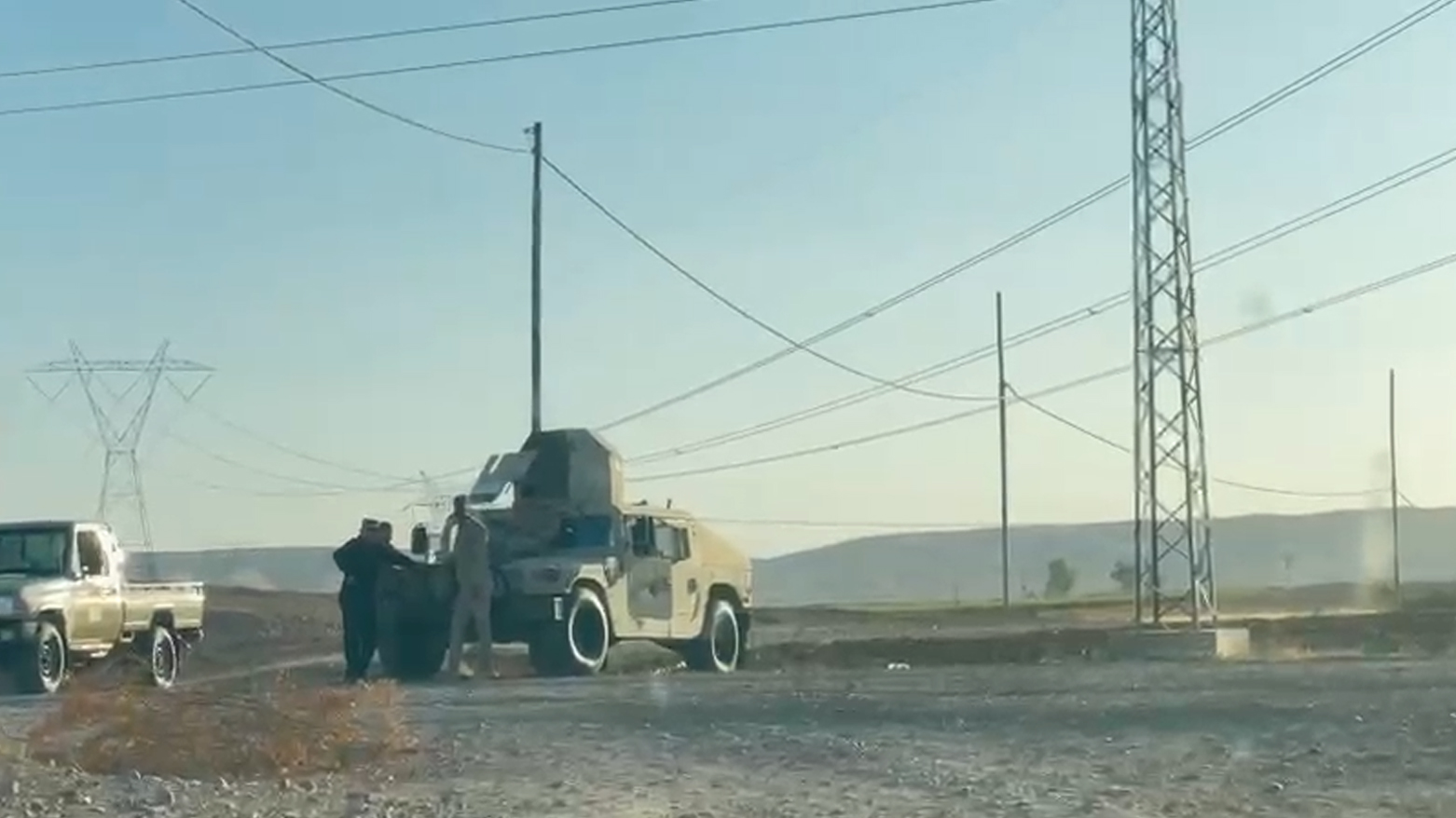Kirkuk Farmers Blocked from Working Their Lands by Iraqi Army
“The Iraqi army has surrounded our village, as in previous years, preventing farmers from cultivating their lands,” Mohammed Ismail, a representative of farmers in Shanagha village, told Kurdistan24 on Tuesday.

ERBIL (Kurdistan24) – Farmers in five villages of Kirkuk province say they are being prevented from cultivating their lands by the Iraqi army, a recurring issue that has caused growing frustration among local residents.
“The Iraqi army has surrounded our village, as in previous years, preventing farmers from cultivating their lands,” Mohammed Ismail, a representative of farmers in Shanagha village, told Kurdistan24 on Tuesday.
Ismail explained that despite an official directive from the Iraqi Council of Ministers allowing farmers to cultivate disputed land plots, the army continues to defy the order. “Although the Iraqi Council of Ministers has issued an official letter regarding the disputed land plots to allow farmers to do their jobs, the army refuses to comply with the letter and does not enforce the law,” he said, urging authorities to intervene before the situation escalates.
Another resident told Kurdistan24 that the army’s restrictions have gone beyond blocking access to farmlands. “The army is torturing farmers by cutting off electricity, blocking water wells, and preventing them from working in every possible way,” the resident said.
The affected villages lie within territories that remain outside Kurdistan Regional Government (KRG) control. Farmers in these areas—many of them Kurdish—say they have faced intimidation and forced displacement attempts for years, particularly in regions subjected to Arabization policies.
Arabization in Kirkuk dates back to the Ba’ath regime’s efforts in the 1970s and 1980s to change the demographic makeup of the oil-rich and ethnically diverse province. Thousands of Kurdish families were displaced from their ancestral lands, which were then redistributed to Arab settlers brought from southern Iraq.
Although the Iraqi parliament has passed laws to repeal Ba’ath-era decrees and return the lands to their rightful owners, implementation has been slow. Farmers in areas such as Shanagha, Palkana, and Sargaran continue to face obstacles from military and administrative authorities, who have refused to enforce court rulings or government orders.
The current standoff highlights ongoing tensions in Kirkuk, a province that remains one of Iraq’s most politically and ethnically sensitive regions. Despite repeated promises from Baghdad to resolve the disputes and protect local residents’ rights, the lack of enforcement on the ground continues to deepen mistrust between communities.